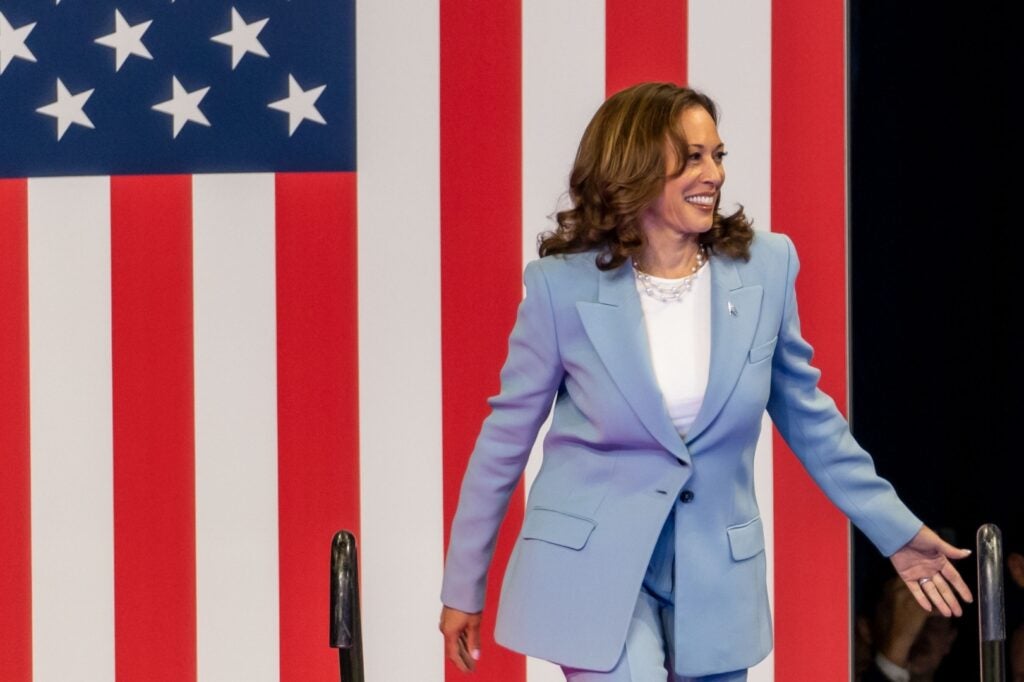Vice President Kamala Harris issued an ambitious housing proposal, aiming to tackle America’s persistent affordability crisis. But real estate experts are divided on whether her plan can deliver results.
Don't Miss:
At the core of Harris’ strategy is a push to build 3 million new housing units over four years. It’s a lofty goal that would require unprecedented cooperation between government and private industry.
"The major flaw is that it tries to do too much," said Daryl Fairweather, chief economist at Redfin. "Its success depends on all of its various components being implemented in perfect synchrony and harmony, which would require Congress’s complete – and unlikely – cooperation."
Trending:
The plan’s centerpiece is a first-ever tax incentive for builders of starter homes. It’s an idea that’s garnered cautious optimism from some corners of the industry. “This should help in places where land is too expensive to build a profitable starter home,” said Erik Engquist, senior managing editor at real estate news outlet The Real Deal.
See Also:
Harris also wants to expand the Low Income Housing Tax Credit, a proven tool for spurring affordable rental construction. But the vice president’s bolder ideas are raising eyebrows.
A proposed $40 billion innovation fund aims to kickstart “local solutions” for housing development. Engquist argues that it’s too vague.
"Harris says this would ‘empower local governments to fund local solutions to build housing,' ‘support innovative methods of construction financing' and ‘empower developers and homebuilders to design and build rental and housing solutions that are affordable.' The first of those would be ineffective in the many localities that don't want more housing. The second and third proposals are too vague yet to assess. But getting Congress to pony up $40 billion for this seems like a long shot."
Perhaps most notably, Harris suggests repurposing federal land for affordable housing. “Sounds plausible," Engquist said. "But will this land be near job centers or out in the boonies?”
The plan also takes aim at Wall Street. Harris backs legislation to curb tax benefits for large-scale investors in single-family rentals. It’s a move that’s likely to face pushback from the real estate lobby.
Trending:
For would-be homeowners, Harris proposes an average of $25,000 in down payment assistance. While it could expand the buyer pool, some economists warn it might also drive up home prices in the short term.
"If demand increases more than supply, home prices and rents will soar even higher," Redfin's Fairweather cautioned.
Republicans have their own ideas, the Real Deal noted. The GOP platform mentions reducing mortgage rates by tackling inflation, though experts point out that the Federal Reserve, not the White House, controls interest rates.
As the 2024 campaign goes on, housing affordability is positioned to be a major battleground. With millions of Americans feeling the squeeze of high rents and out-of-reach home prices, both parties are scrambling for solutions.
Read Next:
© 2024 Benzinga.com. Benzinga does not provide investment advice. All rights reserved.








